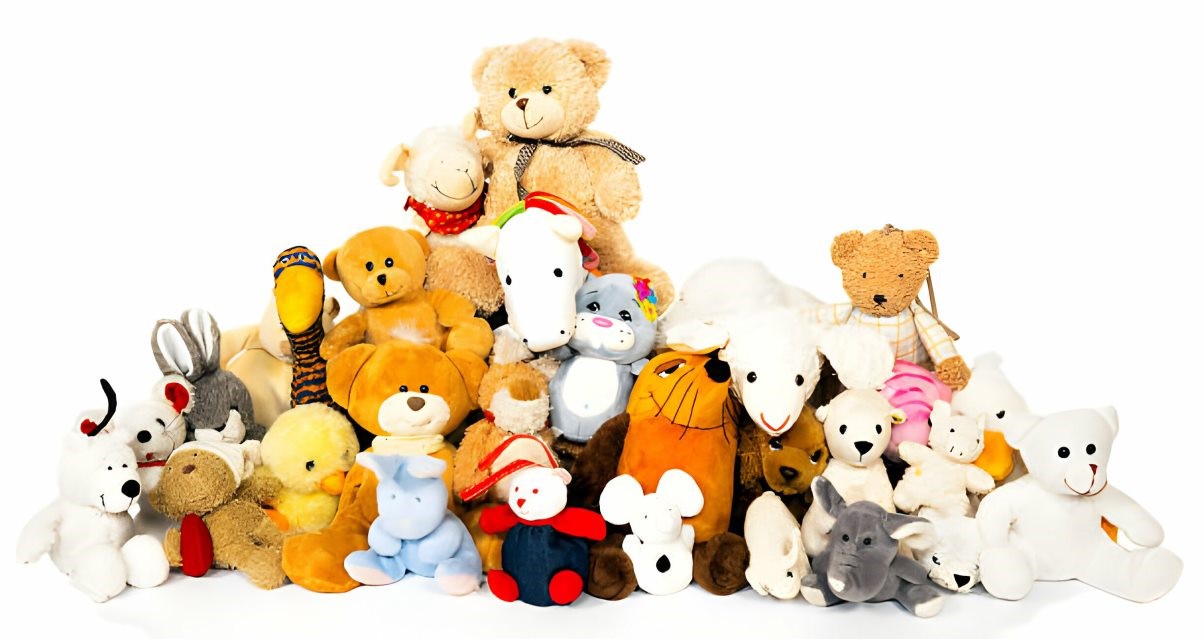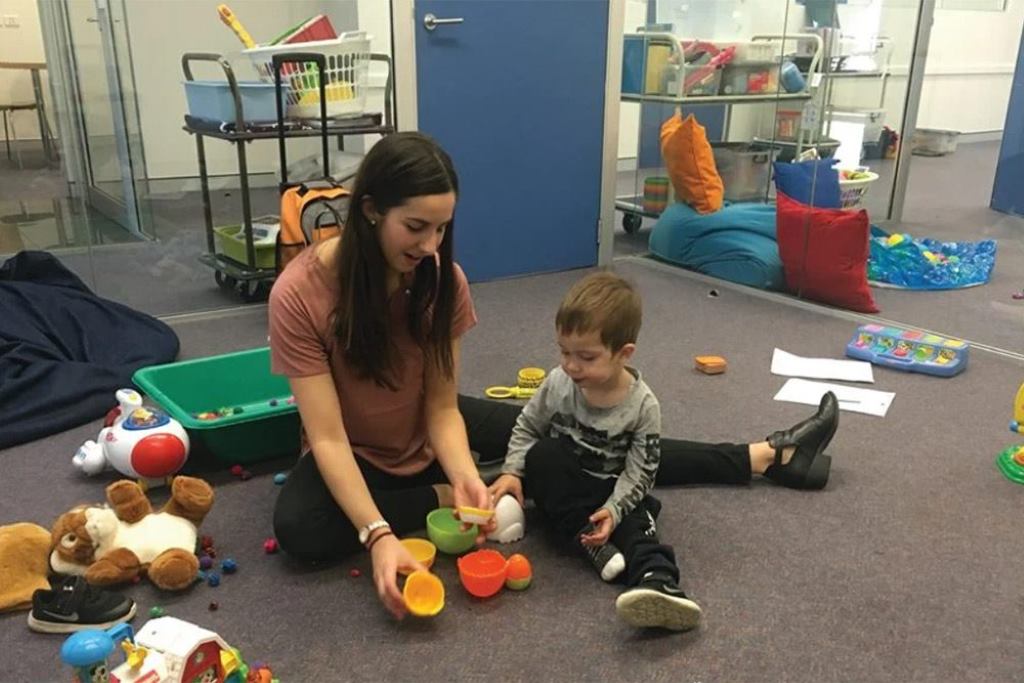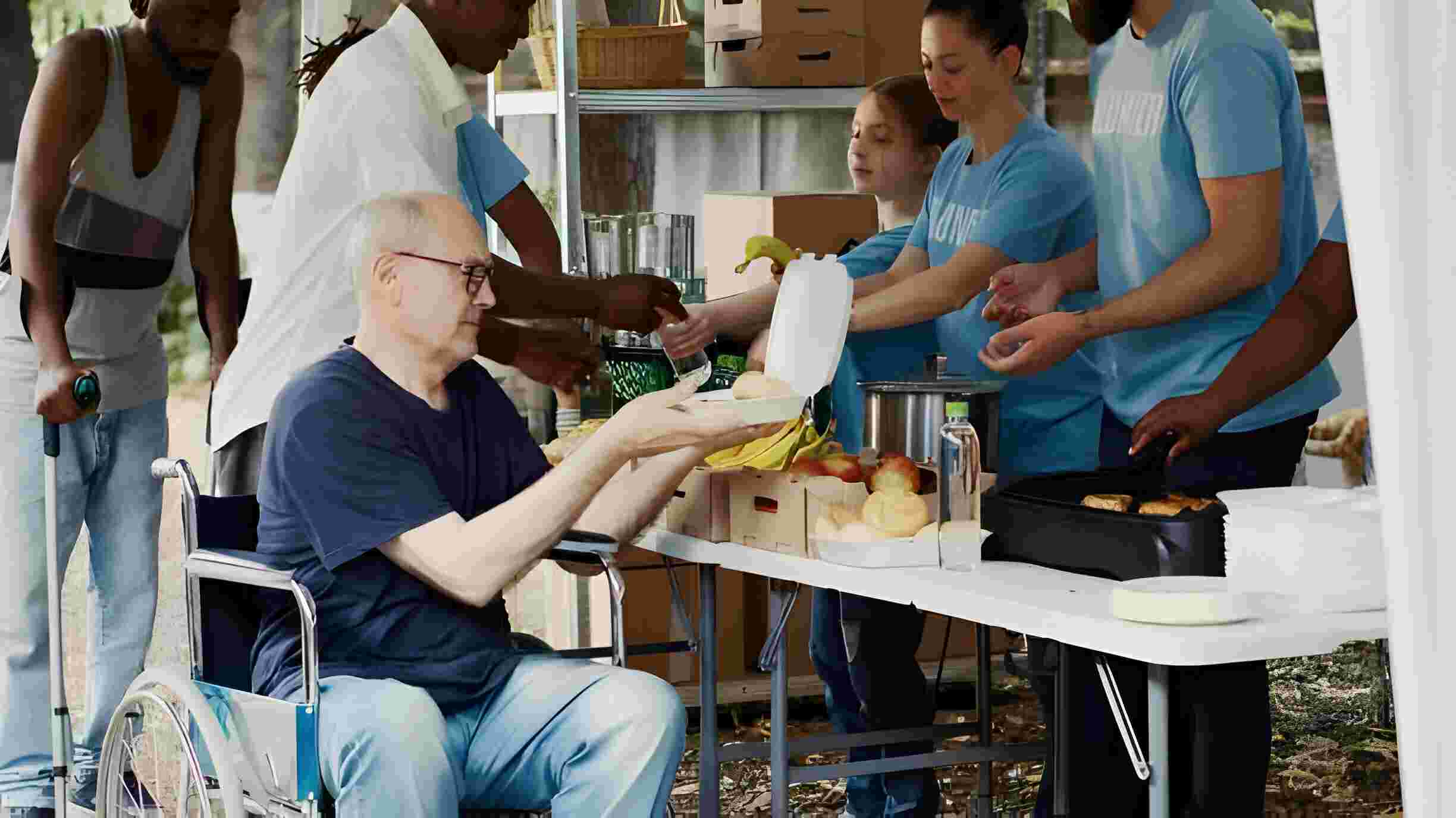The starting years of a child’s life are incredibly important for their cognitive development as it sets the stage for future learning and intellectual growth. Play with toys goes beyond being just a source of entertainment, it actively contributes to the mental fitness of babies.
In this article, we will delve into the influence that soft toys have on development highlighting the various ways in which these seemingly simple objects play a crucial role in shaping a baby’s mental sharpness.
Role of Play in Cognitive Development
The seemingly simple act of play is a complex and dynamic process that engages various cognitive functions, laying the foundation for essential skills.
A Fundamental Building Block for Learning
- Early Brain Development: Play, during infancy, is closely tied to the formation of connections in the brain laying down the foundation for future learning. The experiences that babies encounter during play directly impact how synapses and pathways form in their brains—establishing the groundwork for abilities.
- Stimulating Senses: Animal Soft toys engage the senses. They offer babies rich sensory experiences that stimulate neural pathways associated with perception and comprehension. Play experiences that involve stimulating senses contribute to refining processing skills.
Developing Cognitive Skills
- Problem-Solving Abilities: Playing with toys frequently involves problem-solving as infants discover ways to interact with these objects nurturing their early cognitive skills. Figuring out how to hold, manipulate, and explore toys encourages problem-solving behavior fostering the growth of processes essential for critical thinking.

- Awareness of Space: Soft toys come in shapes and sizes giving babies opportunities to develop their awareness as they navigate and engage with these objects. Understanding the relationship between themselves and soft toys contributes to the development of cognition, a crucial skill for future academic achievements.
The Unique Advantages of Soft Toys
Soft toys, those cuddly companions that have been a staple in nurseries and playrooms, play a significant role beyond being adorable playmates.
Exploring Different Textures
- Tactile Stimulation: Soft toys offer a variety of textures for babies to explore through touch promoting tactile stimulation for sensory development. Feeling textures helps babies refine their sense of touch supporting the development of motor skills.
- Comfort and Security: Soft toys often serve as comforting companions providing babies with a sense of security and familiarity that positively contribute to their development. The emotional bond that babies develop with toys promotes a secure environment, which in turn facilitates optimal cognitive exploration.
Language Development
Exposure to Language: Soft toys serve as conversation partners during play allowing babies to be exposed to the language as caregivers narrate and describe their interactions.
Expression of Emotions: Soft toys can also be utilized by caregivers as tools to express and discuss emotions. This fosters intelligence in babies while simultaneously supporting their language acquisition.

Emotional Comfort and Attachment
Soft toys play a pivotal role in fostering emotional comfort and attachment. They contribute significantly to babies’ cognitive development and mental fitness through play.
Transitional Objects
- Security Blankets: Soft toys often become objects that provide comfort. They are a sense of security during times of separation or change.
- Consistent Companionship: Having a toy constantly offers babies a source of comfort. They provide companionship fostering a feeling of security and attachment.
Familiarity and Sleep Routine
- Bedtime Companions: Soft toys become an essential part of bedtime routines. As they provide a familiar presence that helps babies transition to sleep smoothly and feel comfortable throughout the night.
- Self-Soothing: Babies often rely on their toys, for self-soothing, developing a coping mechanism that aids in regulation and reduces stress.
Choosing the Right Soft Toys for Cognitive Development
Choosing the toys for cognitive development depends on the age of the child.
Age-Appropriate Choices
- Sensory Features for Infants: For infants, it’s beneficial to select toys with contrasting colors. The different textures, and gentle sounds as enhance their experiences and support early cognitive development.
- Interactive Features for Toddlers: As babies grow into toddlers interactive features like buttons, zippers, or simple puzzles, in toys can encourage complex cognitive engagement. Interactive features provide a challenge for toddlers helping them develop problem-solving skills and advanced cognitive functions.

Safety Considerations
- Non-Toxic Materials: It is important to ensure that soft toys are made from toxic materials as this is essential for the safety of babies. Non-toxic materials allow babies to freely explore and interact with their toys without any health concerns.
- Durability and Washability: Choosing durable and washable soft toys ensures longevity and hygiene. This provides a safe play environment for development. Having lasting toys contributes to the creation of a familiar and secure play environment. This promotes sustained engagement.
Conclusion
Soft toys play a role in shaping the development of babies offering numerous benefits beyond mere amusement. They foster exploration, enhance problem-solving skills, contribute to language development, and help achieve cognitive milestones.
Parental involvement, toy selection, and understanding stages further enhance the cognitive benefits derived from playing with soft toys.
Recognizing the importance of play, in the development of children, caregivers, educators, and parents understand the value of toys. These toys do not provide entertainment. They play an active role in nurturing the mental well-being of young minds.




